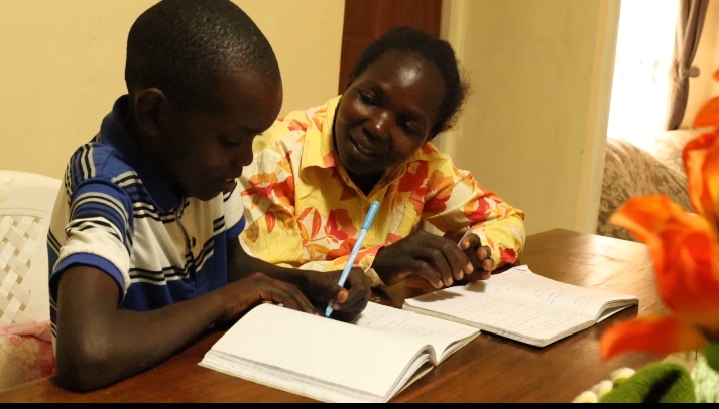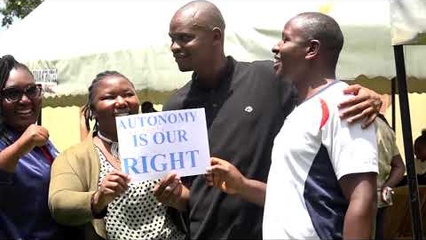By Victor Ochieng’
In Kenya Certificate of Secondary Education (KCSE), poetry is tested in both English Papers One and Two. When it is tested in Paper One, it basically focuses on oral skills, but when brought in Paper Two, it examines the literary aspects inherent in poetry.
The oral aspect of poetry oscillate around description of the rhyme scheme, sound patterns (devices) and paralinguistic features which can be broken down into verbal and non-verbal cues.
On literary skills that are tested in the comprehension poem, it behooves candidates to keep abreast with deep poetic aspects like persona, theme, tone, attitude (feelings), mood (atmosphere) and features of style commonly employed by poets when penning poetry.
A meticulous analysis of the setting and marking of the KCSE English exam can guide teachers and candidates to tell the trends with some sort of military precision.
This can inform their prediction on what they expect in question three of English Paper Two in the subsequent national exam. As we all know, the question tests either Poetry or Folktales.
This keeps on alternating based on the years. For instance, in KCSE 2018, candidates were tested on the poem, The Man He Killed. In 2019, candidates were tested on Fairy Tale. It means that there are high chances of candidates meeting Poetry in the forthcoming exam. That calls for ample preparation.
The 2018 KNEC English report revealed that performance of Question Three in English Paper Two plummets when Poetry is tested. This results in a sharp drop in the overall candidates’ performance in the subject in the years when the choice is poetry.
Teachers of English should pay homage to this 2018 report because it revealed why the performance was dismal in Poetry. Section (c) posed a chilling challenge to most candidates. The candidates were expected to appreciate the poem and relate it to real life situation.
Many candidates missed it by far because they failed to conceptualise the demands of the question. Candidates also performed poorly on the test items that focused on features of style and tone – quality of voice used.
For candidates to fetch many marks in Poetry, teachers should first of all address the attitudinal issue. By and large, attitude encompasses mindset and beliefs.
Learning is defined as change of behaviour and attitude. Poetry can only be learned and understood properly if there is seismic mind shift. Mind mastery and management is required in this area.
Some students find poetry to be akin to Greek puzzle because of the deep-seated defeatist attitude. Any time they see an exotic poem in exam, they close their mortal minds. Therefore, they get stuck in the thick mud of pessimism.
For as we all know, the mind works like an umbrella, it works well when open.
In the whole scheme of things, candidates should expect foreign poems in exams. They will be hardly tested on local pieces like Freedom Song by Marjorie Macgoye Oludhe, I Met a Thief by Prof Austin Bukenya, The Crucified Thief by Prof John S. Mbiti, or Lapobo.
The poems tested at KCSE level are mostly exotic ones, but candidates should not cringe at this fact because the concepts tested are always universal come rain, come shine. Candidates should just focus on the poetic diction – the choice of words used; which can either be denotative or connotative in nature.
Teachers, who yearn to simplify and demystify poetry, should put premium on what has been recommended by pundits.
Poetry needs to be taught using activities that make it interactive and engaging so as to endear it to learners by arousing their curiosity and fertile imagination.
The basic components of poetry – including its peculiar patterns, styles, techniques, form and content – should be taught using poems that are readily accessible to learners.
Some students perform poorly in exam because they lack stupendous skills on how to read poems, and respond to questions asked.
Teachers have an integral role to play when it comes to training learners on reading and internalising titles of poems, interpretation of questions, and provision of responses that pass the test of breadth and depth.






